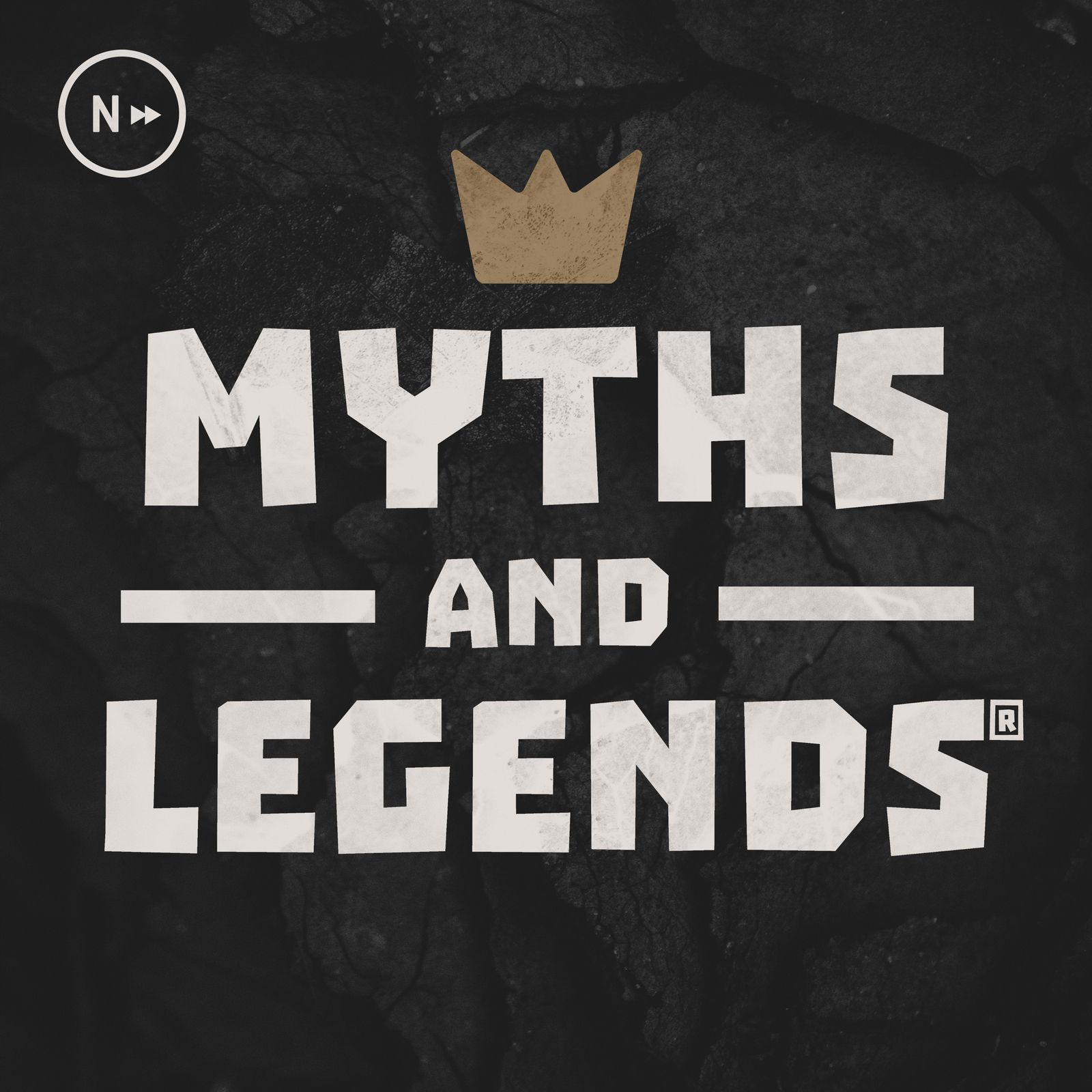Fireside Folklore with Hades
Once upon a time, gods and goddesses walked among us, granting their favor to heroes and creating sea monsters because … well, because they could. After one too many festivals was ruined by a vengeful Poseidon who thought the sacrifice of fish upon his altar wasn’t flaky enough, a hero bravely constructed a wall so thick and impenetrable that not even the most industrious of gods could breach it.
Fast forward to 2023 when, as part of a wager, Hades decided to leverage one hapless mortal’s brief misguided love of AI technology to convince her to create this podcast—a place where the gods, with their instinctively chosen voices, could recapture the ears, if not the hearts and minds, of people everywhere.
Here, you’ll find gods and goddesses playfully peddling products like Ambrosia Bites—guaranteed to keep you going on all of life’s treacherous journeys—and recounting folklore from around the world. From the spooky legend of Devil’s Pool in Australia to the whimsical and obscure folktale of a clever Sheikh in Yemen, you’ll find a treasure trove of folklore, both ancient and modern, traditional and twisted, on this podcast.
Hades, with his deep and somber basso profundo, narrates, while his madcap family lends their voices to the characters. In addition to the tale, each “regular” episode includes fun facts from Hermes, the psychopomp, who will share culturally significant information about each country or region visited. Persephone or Dionysus (depending on the season) will also share a recipe for something delicious to eat or drink, bringing the country’s delights straight to your dinner table. And finally, Zeus, the king of the gods, offers his Lightning Round, where you, our audience, can win a prize if you can answer correctly—no easy task when you must sift through the cacophony of these heartwarming and whimsical gods.
In the beginning, this podcast posted a story each week like clockwork, but after Hades realized that AI ghostwriters were killing the fun (and frights) out of the stories, he decreed that all future stories would be human-written. Though our earlier work is here for history’s sake, we may go back and redo them, for Hades, that unrelenting taskmaster, has both patience and time on his side.
In addition to the regular episodes, you’ll find hijinks from the rest of the family, and even some visits from the Roman pantheon, too. To put it simply: there will never be a dull moment here in this corner of Hades’s Underworld.
A labor of love, this podcast is a way to share the world’s stories, enjoy a few laughs, and chronicle one creative writer’s journey as she was initially bewitched by AI and reunited with her creative soul.
Please note that all “sponsorships” read by Zeus are completely fictional. This podcast, like storytelling by the fireside, will forever remain free from all monetization.
Fireside Folklore with Hades
Latest Episodes
Selling the Underworld, Part 3.1 - Riding to the Styx, Little Red Riding Hood

Letter of Atonement
Selling the Underworld, Part II: Hades's Musical Counterpoint

Podcasts we love
Check out these other fine podcasts recommended by us, not an algorithm.

Myths and Legends
Jason Weiser, Carissa Weiser, Nextpod
Desert Skies
Jared Carter
Sawbones: A Marital Tour of Misguided Medicine
Justin McElroy, Dr. Sydnee McElroy
Lore
Aaron Mahnke
Grimm, Grimmer, Grimmest
Pinna
Ologies with Alie Ward
Alie Ward
Unspookable
Soundsington MediaThe Black Tapes
Pacific Northwest Stories
The Palestine Pod
Lara E. and Mikey B.

